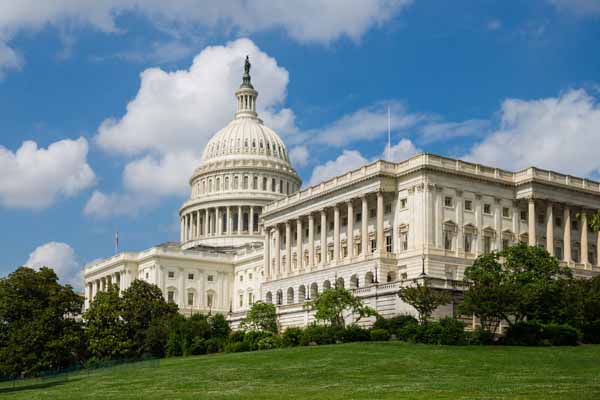
The haggling in Washington, D.C., over legislation to protect patients from surprise medical bills resurfaced last week with a new bipartisan federal measure.
But the American Medical Association (AMA), mindful of the stressors physicians are now under, is opposing the latest “No Surprises Act” and urging more vetting of the bill, which was agreed upon by key House and Senate committee leaders.
The Texas Medical Association, which has been monitoring the development of Congressional surprise-billing discussions and legislation, agrees with AMA’s assessment of the No Surprises Act.
Like a number of measures considered in late 2019 and early 2020 – and Texas’ own surprise-billing law for state-regulated plans – the latest federal bill incorporates an independent dispute resolution (IDR) process to settle disagreements between physicians and insurers over out-of-network payments.
However, the latest bill “would significantly disadvantage already stressed physician practices, particularly small physician practices that may not have the resources to take advantage of the IDR process to obtain fair compensation for their services,” AMA Executive Vice President and CEO James L. Madara, MD, said in a letter to House and Senate leadership on Tuesday.
According to an AMA summary of the measure, physicians (and other affected practitioners) would be limited to billing patients no more than the allowed cost-sharing amount. It;s “expected” that the insurer would make an interim payment to the physician, AMA said. If the physician isn’t satisfied with that payment, the physician may begin a 30-day negotiation period, after which either side has two days to provide notice of triggering the IDR process.
Once an “entity” is selected to preside over the IDR, each side would have 10 days to submit final payment offers. The entity performing dispute resolution would select one offer or the other within 30 days – a setup similar to Texas’ “baseball-style” IDR law.
AMA’s other concerns with the measure include:
- It doesn’t explicitly make clear that the health plan will make an initial payment when the out-of-network physician submits a claim;
- The two-day window for either side to initiate the IDR process is “inadequate”; and
- The entity performing the IDR could apparently consider payment data from Medicare and Medicaid, but couldn’t consider billed charges or usual and customary charges, “further skewing the process in favor of commercial health plans.”
AMA said it was concerned about “the limited opportunity for stakeholders to thoroughly vet this consequential bill prior to its inclusion in an end-of-year legislative package and seek meaningful input from our practicing physician members.” AMA urged Congress for more time to “come up with a more balanced solution.” It added that “now is not the time to adopt flawed surprise billing legislation,” saying that with the COVID-19 pandemic, “Physicians’ practices are currently financially stressed more than any time in our nation’s history.”
TMA has maintained that any federal balance-billing legislation should:
- Take patients “out of the middle” of out-of-network surprise billing disputes between insurers and physicians, hospitals, and practitioners;
- Require a fair initial payment from the health plan to the physician;
- Use an IDR process that doesn’t give an unfair advantage to either side;
- Use a benchmark measure of real-world physician charges, identified by market forces via an independent, not-for-profit database, to determine fair compensation in the IDR process;
- Base final payment on clear factors, including the complexity of the case and the experience of the physician; and
- Incentivize health plans to offer measurably adequate networks of physicians, hospitals, and other practitioners.